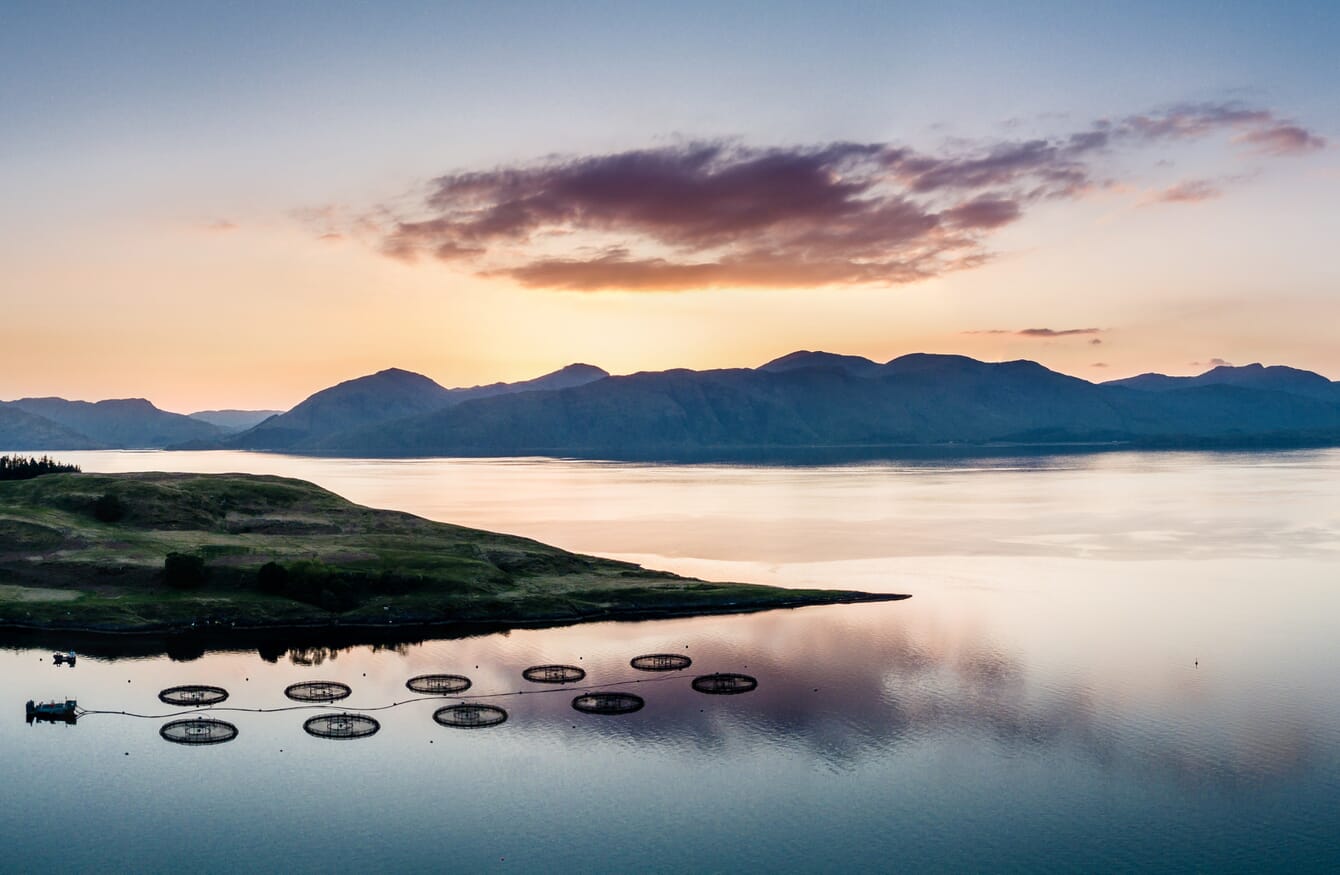
GSI's members operate in seven countries – Australia, Canada, Chile, Faroe Islands, New Zealand, Norway, and the United Kingdom – and represent approximately 40 percent of the global farmed salmon sector. Mowi, the world's largest salmon producer, is notable by its absence.
According to the organisation, the latest report - which provides access to data across all the initiative's 13 farming members against 15 environmental and social indicators - “demonstrates how GSI’s pre-competitive collaboration model is yielding measurable environmental progress”.
Highlights include:
- Forty-eight percent of GSI members’ production was Aquaculture Stewardship Council (ASC)-certified in 2021.
- GSI members drove a 48 percent decrease in the average use of antibiotics since the initiative was founded in 2013.
- GSI members continued to improve the eco-efficiency of feed ingredients, including assessing the role and adoption of novel ingredients like algae, and using certified marine raw ingredients and sustainable by-products. This diversification and ongoing innovation has resulted in a 22 percent average reduction in use of marine ingredients since 2013.
- GSI members have reported a 38 percent decrease in combined average in-bath and in-feed sea lice treatments since 2013.
“The past three years made it abundantly clear that our food system needs far greater resiliency. Through GSI, we can focus on the areas we know need improving and prepare ourselves for the challenges to come. This means working collectively to reduce our carbon footprint and biological risks, while continually enhancing fish welfare and local community contributions. GSI’s sustainability report serves as both an annual reminder of how far we’ve come as an industry and a compass to guide the work that remains,” said Regin Jacobsen, Bakkafrost CEO and GSI co-chair.
These results are among the 2,000+ data points available in the report. According to GSI, this makes it the largest source of consistent, independently-audited data across the seafood sector.
Acknowledging that this report is part of a longer-term journey of continual improvements in sustainability performance, GSI continues its close partnership with World Wildlife Fund (WWF) to develop a greenhouse gas (GHG) emissions framework to help measure and mitigate salmon farming’s carbon footprint, with the goal of adding this data into a future iteration of its annual report.
Sophie Ryan, GSI CEO, noted: “GSI’s industry-transforming model unites 23,000 people around the world in producing farmed salmon that’s raised to be better. The result is a collective of global expertise, years of experience and a shared commitment to constantly do better for the fish, the ocean and the communities where we farm. We want our sustainability report to be a signal of members’ shared commitment to raise a great product in the most responsible way. But, the proof is in our data and we know that good is never good enough. This report is our way of motivating progress, holding one another accountable and doubling down on areas where we need to improve and innovate faster.”




